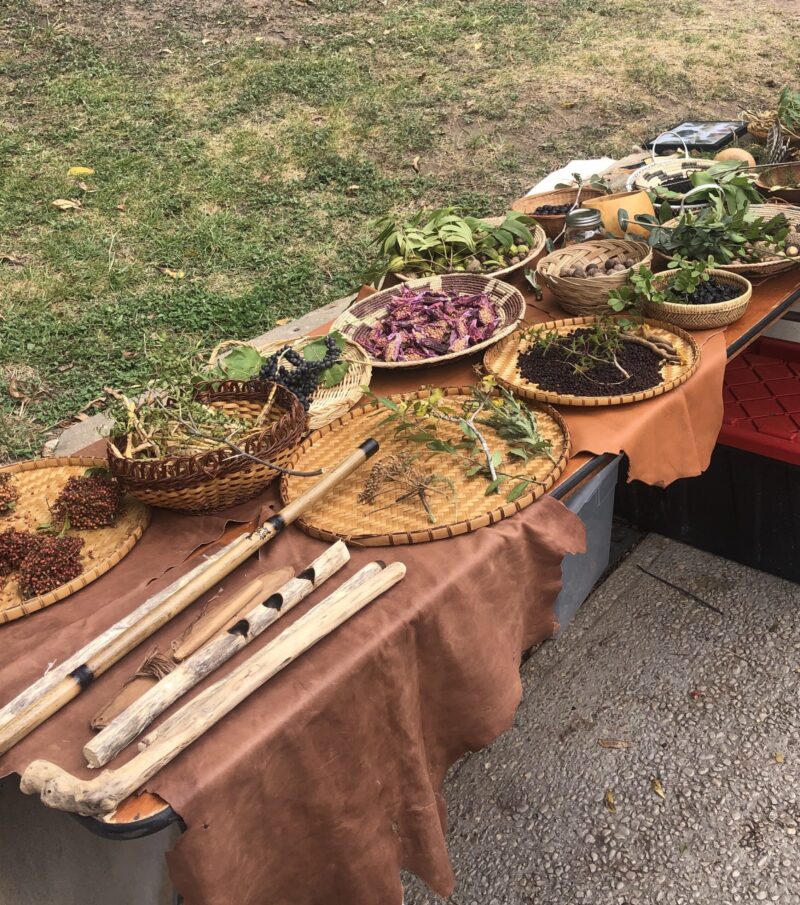
On Tuesday, October 22nd, our AP Biology students and their teacher, Ms. Sydney White, had the incredible opportunity to attend the Barton Springs University Day Field Trip—a full day of outdoor learning and hands-on activities at the iconic Barton Springs Pool. This event was designed to immerse students in the wonders of environmental science, public policy, and sustainable living, all while enjoying the beauty of God’s creation.
Barton Springs University is a one-of-a-kind event that combines educational lectures, interactive community fairs, and engaging outdoor activities centered around the natural environment. It brings together high school students, college students, and the general public to dive deep into the science, history, and policies surrounding the Central Texas water ecosystem. Our students were excited to be part of this inspiring event, which emphasized the importance of understanding the delicate balance between human activity and the natural world. Throughout the day, students were exposed to a range of environmental science topics, including the conservation of local waterways, sustainability, and ecology. They were also able to interact with local experts, who shared their knowledge on critical issues affecting the region.
Our students were fortunate to hear from two leading figures in environmental science. First, Elizabeth McGreevy, an ecologist and author, gave a fascinating lecture on the role of mountain cedar trees in maintaining the biodiversity and health of Texas karst country ecosystems. As a sixth-generation Texan and the founder of Land Steward, Elizabeth’s extensive experience in ecosystem management captivated students, especially her insights into the regenerative role of mountain cedars in preserving soil, groundwater, and biodiversity in the Hill Country. Then, Valarie Campbell, the founder and president of South Austin Creek Alliance, shared her work in preserving urban waterways in South Austin. Valarie’s work, alongside her board members and volunteers, focuses on raising awareness of the importance of local green spaces and water conservation. Her talk was particularly insightful for our students as they learned about the practical steps involved in starting and running a nonprofit organization dedicated to environmental preservation.
The field trip was not only about lectures—it was also about experiential learning. Students participated in several interactive activities that tied directly into their AP Biology curriculum, and gave them hands-on experiences that they could take back to the classroom. In one workshop focused on historical indigenous foodways, students explored the edible, medicinal, and useful plants in the Austin area, and how native peoples utilized local plants for food, medicine, and tools. It was a fascinating look into the intersection of biology, culture, and sustainability.
Another highlight of the day was the live reptile exhibit, led by Dr. Hayley Gillespie from the Austin Nature & Science Center. Students had the chance to get up close and personal with live alligators—a species once endangered by overhunting. Dr. Gillespie and Christina Burkovich, the Wildlife Exhibit Coordinator, explained the recovery efforts for these fascinating creatures and how they are now thriving in Texas, including in Travis County, which is on the northern edge of their native range.
In addition to academic sessions, the day also offered plenty of opportunities for students to relax and enjoy the surroundings. Students were able to swim in Barton Springs Pool, a natural spring-fed pool that provides cool, refreshing water in the heart of Austin. The day’s festivities were rounded out with live music and delicious tacos from Taco Deli, giving students a well-deserved break while celebrating the community spirit that makes Barton Springs University Day so special.
Accompanied by Mr. Paul Austin, the AP Biology students had the chance to explore how environmental science extends far beyond the classroom. The field trip beautifully illustrated how learning about nature and sustainability can be both academic and deeply enjoyable. It gave students a deeper appreciation for the interconnectedness of life and the importance of stewardship in preserving the world around us.
Experiencing Barton Springs University Day helped students see how science can be used to address real-world problems, from protecting local ecosystems to fostering community-driven conservation efforts. It was a day filled with practical knowledge, inspiration, and a renewed sense of responsibility to care for the environment. Through hands-on activities, expert presentations, and a celebration of Central Texas’ natural beauty, the AP Biology students left with valuable insights into environmental science and the importance of preserving God’s creation for future generations.